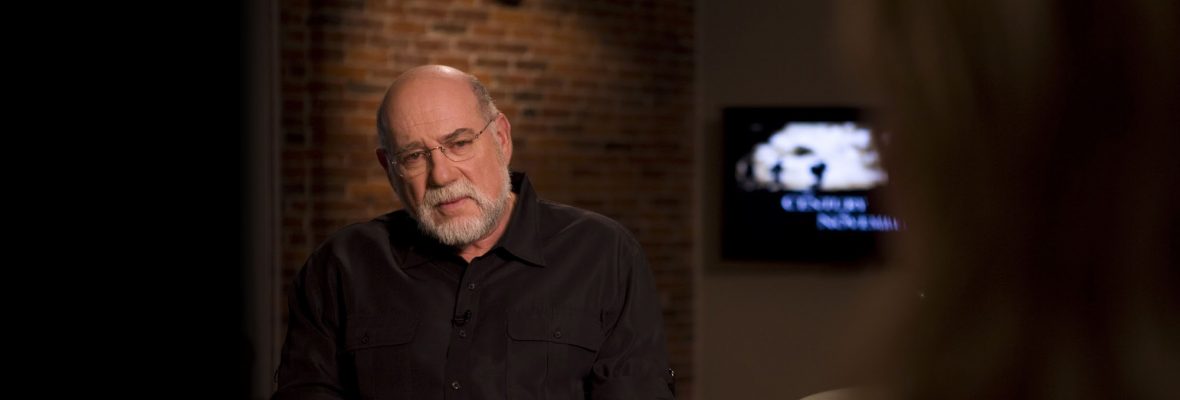
Jay Wolpert, 79
The screenwriter and game show producer passed away on January 3rd. Look back at his legacy of work.
Jay Wolpert, famed screenwriter and one of the most unique and prolific creators in the world of game shows, passed away on January 3 at the age of 79 after a long battle with Alzheimer’s disease.
Wolpert was first introduced to the world of television games as a contestant, having won Jeopardy!’s Tournament of Champions in 1969. Three years later, Wolpert began a five-year stint as producer of the newly-revamped The Price is Right for CBS. It was in this role that Wolpert originated the idea of the “Showcase Skit”, wherein prizes revealed during the game’s Showcase round followed a loose, often comical narrative featuring the models and, occasionally, then-Price announcer Johnny Olson.
Wolpert continued making his mark on game shows throughout the 1970s. As a Goodson-Todman staffer, he was instrumental in the development of classic formats such as card Sharks, Family Feud, and Match Game. Double Dare, another Goodson-Todman CBS game, was a Wolpert creation that featured two players in isolation booths competing to ice each other out and identify mystery subjects using cryptic clues.
In 1978, Wolpert left Goodson-Todman and started his own eponymous production company. The new company’s first show was a quiz game called Whew!, broadcast on CBS and hosted by the late Tom Kennedy. A frenetic mix of Jeopardy and American football, Whew was a five-day-a-week carnival of tongue-in-cheek trivia, cartoonish sound effects, screaming contestants, and a bonus round featuring 10 animated villains of Wolpert’s own design (with uncredited animation by Hanna-Barbera).
The production values of Whew! would set the tone for much of Jay Wolpert Production’s output for the next two decades. A game show fan tuning in to a Wolpert-created show could expect a game show that was offbeat, unconventional, unique — even slightly surreal.
Hit Man, a 1983 NBC game show featuring the debut of host Peter Tomarken (who would go on to host CBS’ Press Your Luck the same year, wearing the same suit for the premiere as he did for Hit Man’s finale), involved contestants watching short films about subjects and answering questions based on what they watched, ostensibly making the contestants and viewers “instant experts” on said subjects.
1988’s short-lived Blackout took a cue from the Nixon administration and challenged players to redact audio footage, in real time, from the description of clue words recorded by their opposing teams.
1990’s Rodeo Drive (the pilot of which was originally shot in 1980 for CBS, again with Tomarken as host) featured a bonus round in which the winning player had to identify celebrities from overhearing “gossip” at various storefronts.
Wolpert also served as a producer on the ill-fated New Price Is Right in syndication in 1994.
Also in the 90s was the Family Channel game Shopping Spree, Jay Wolpert Productions’ longest-running game show.
In 2010, he also helped to develop a new format for the syndicated Who Wants To Be A Millionaire following legal action regarding ownership of the show’s classic ruleset.
With the support of friend and legendary filmmaker Nancy Meyers, Wolpert eventually began writing screenplays. His first screenplay, 2002’s The Count of Monte Cristo, was followed by an adaptation of one of Disney’s most famous amusement park attractions, Pirates Of The Caribbean. The first film of the series, based on Wolpert’s screenplay, would go on to gross over $300 million.
Jay Wolpert is survived by wife Roslyn, daughters Heather Wolpert-Gawron and Megan Wolpert Dobkin, sons-in-law Royce Gawron and David Dobkin; and four grandsons. No memorial service has been announced as of yet. In Mr. Wolpert’s memory, donations can be made to the Mary S. Easton Center for Alzheimer’s Disease Research.
